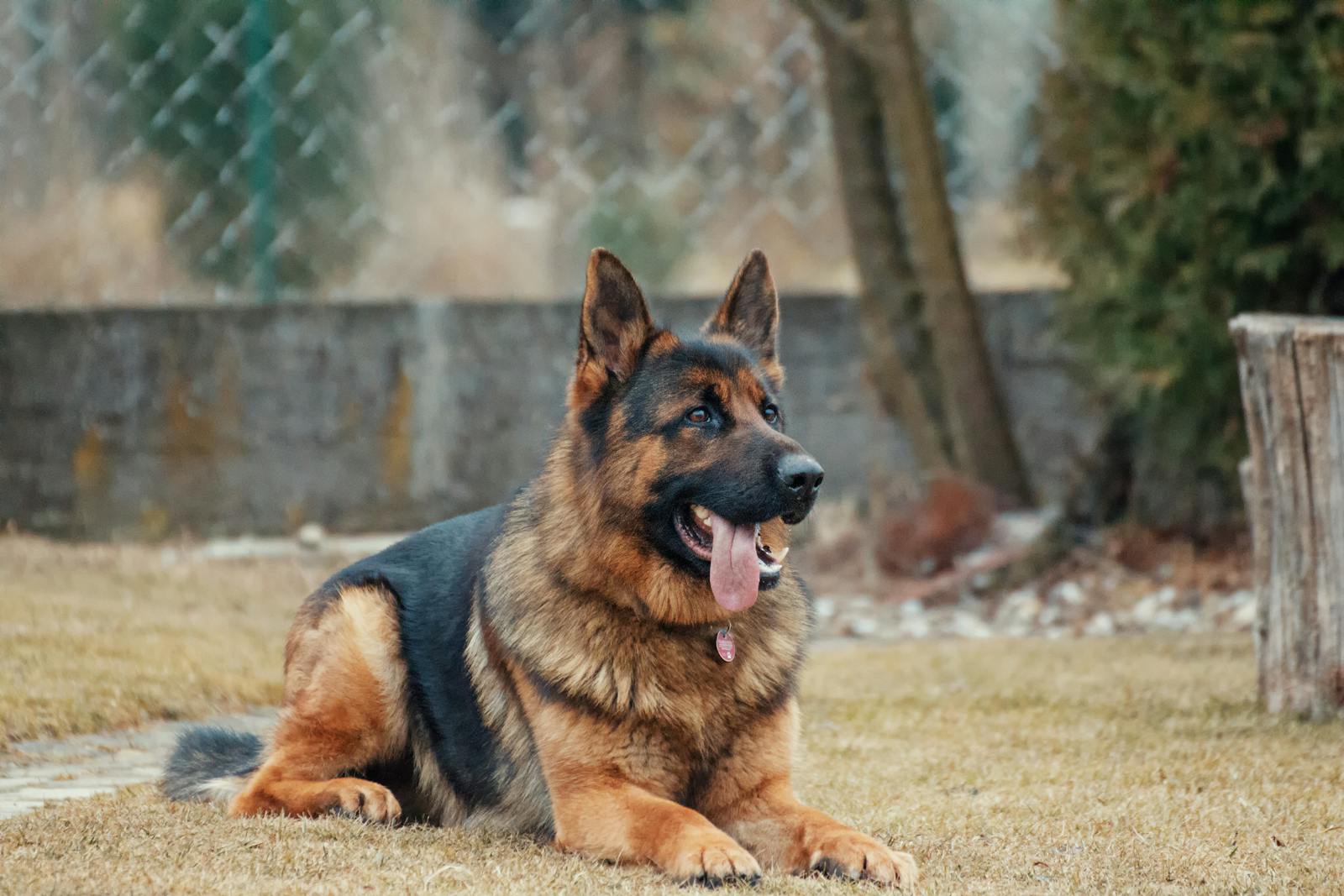Understanding Vaccination Schedules for Your Dog
Vaccinations are not just a routine part of pet ownership; they are a critical component in ensuring the health and longevity of your dog. Much like humans, dogs require vaccines to guard against potentially life-threatening infectious diseases. For pet parents, grasping the essentials of vaccination schedules is vital for keeping their furry companions safe and healthy. In this blog post, we will delve into why vaccinations are important, outline the core vaccines every dog should receive, explain how to create an effective vaccination schedule, consider factors that affect vaccine timing, and offer tips for keeping track of your dog’s vaccinations.
The Importance of Vaccinations
Vaccines are designed to train your dog’s immune system to recognize and combat specific pathogens before they can cause illness. This proactive approach not only protects your pet but also contributes to the overall health of the community, ensuring that outbreaks of contagious diseases remain contained.
Key Benefits of Vaccination:
- Preventing Disease: Vaccines have the power to drastically reduce the risk of severe and sometimes fatal diseases in dogs such as parvovirus and distemper.
- Protecting Community Health: When a majority of pets are vaccinated, the risk of disease transmission falls, creating a herd immunity effect that protects those animals unable to receive vaccinations due to health reasons.
Regular vaccinations help shield your pup from numerous health threats, reinforcing the importance of adhering to a veterinarian-recommended vaccination schedule.
Core Vaccines Every Dog Should Receive
When it comes to protecting your dog, certain vaccines are deemed essential, regardless of lifestyle or environment. Here are the core vaccinations every dog should receive:
- Canine Parvovirus (CPV)
- Canine Distemper Virus (CDV)
- Canine Adenovirus (CAV-2)
- Rabies
Brief Overview of Each Core Vaccine:
- Parvovirus: Highly contagious and can devastate a dog’s gastrointestinal system, leading to severe vomiting and diarrhea.
- Distemper: A serious viral disease that affects the respiratory and nervous systems, potentially resulting in neurological complications.
While these core vaccines are critical, pet owners should also consider additional non-core vaccines based on lifestyle or geographical exposure to diseases such as kennel cough (Bordetella), Lyme disease, and leptospirosis.
Creating a Vaccination Schedule
Setting up a tailored vaccination schedule begins early in your puppy’s life and is essential for optimal protection:
- Initial Vaccinations: Puppies typically begin receiving their first vaccinations when they are 6 to 8 weeks old.
- Follow-Up Doses: Boosters usually occur every 3-4 weeks until the puppy is approximately 16 weeks old.
General Timeline for Puppy Vaccination:
- 6-8 Weeks: First round – DHPP (Distemper-Hepatitis-Parvo-Parainfluenza)
- 10-12 Weeks: Second round – DHPP booster + Bordetella
- 14-16 Weeks: Third round – DHPP booster + Rabies
After completing the puppy vaccination series, adult dogs will require booster shots every 1 to 3 years, influenced by local laws or veterinary recommendations.
Tip: Always consult your veterinarian to customize the vaccination schedule according to your dog’s unique health needs and lifestyle.
Factors Influencing Vaccine Timing
Several important variables can impact when your dog should receive their vaccinations:
1. Age
Puppies have immature immune systems and are more vulnerable to diseases. Early vaccinations are crucial to building a strong immune response before potential exposure.
2. Health Status
For dogs with underlying health conditions, such as autoimmune disorders, vaccine responses may differ. Consultation with a veterinarian is essential for developing a tailored vaccination approach in such cases.
3. Lifestyle
Dogs with higher exposure to the public through travel or communal spaces may require additional non-core vaccines compared to homebound pets. Understanding your dog’s lifestyle can guide vaccine decisions.
Keeping Track of Your Dog’s Vaccinations
Maintaining accurate records of your dog’s vaccination history is vital for ensuring they receive timely boosters. Here are some strategies to help you stay organized:
- Create a Pet File: Keep both physical and digital copies of your dog’s vaccination records. Include administration dates, upcoming due dates, and any special instructions from your vet.
- Set Reminders: Utilize your smartphone or an online calendar to set reminders for upcoming vaccination appointments. This way, you’ll never miss an important date.
- Schedule Regular Vet Check-Ups: Incorporate vaccine discussions during regular veterinary check-ups. These appointments are excellent opportunities to review your dog’s vaccination history and discuss any updates or changes.
By staying organized and proactive, you’ll help ensure that your dog is well-protected against preventable diseases, thus contributing to their overall wellness.
In conclusion, understanding vaccination schedules is paramount for ensuring long-term health benefits for our beloved dogs. From knowing which core vaccines are essential to maintaining organized records, every step you take today leads to healthier tomorrows filled with wagging tails and happy barks!
What strategies do you use to keep track of your pet’s vaccinations? Share your thoughts in the comments below, and don’t forget to spread the word about the importance of dog vaccinations by sharing this post with your fellow pet parents!
news via inbox
Nulla turp dis cursus. Integer liberos euismod pretium faucibua





